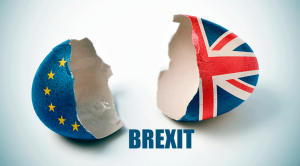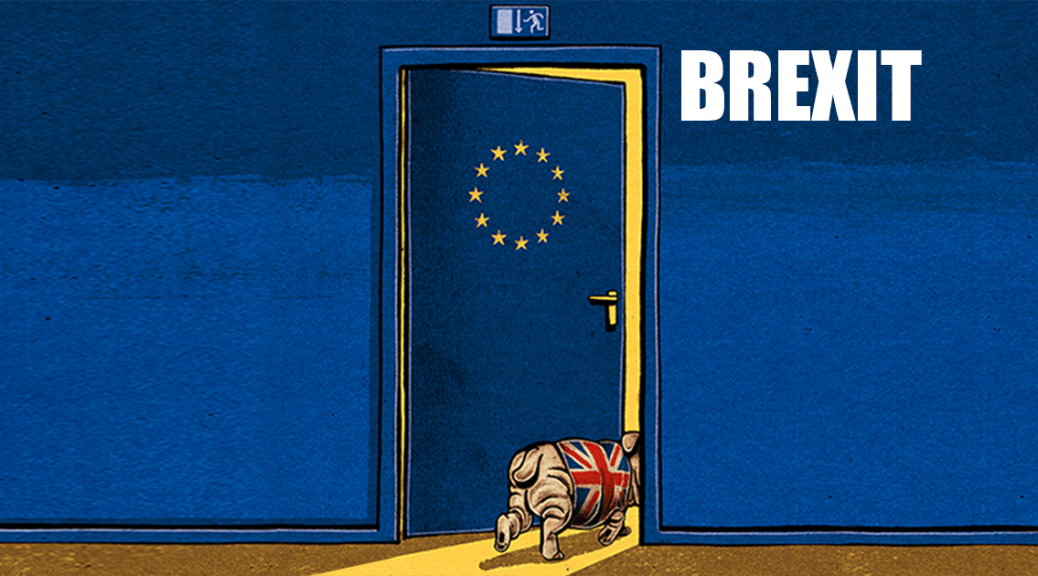Let’s gather the events of the past week, and understand how Sri Lanka can become a financially stronger nation.
The immediate effect of Brexit has been risk aversion, considering the losses encountered by the financial markets in the days subsequent to the exit.
Further crisis were seen in Turkey; rebellious attacks in France. The nations surrounding Europe may have first-hand witnessed the beginning of a domino-effect.
Britain’s Prime Minister has stated that new free trade agreements will be imposed, and taxes be reduced. This may have been a temporary solution, considering the fact that Britain did agree to leave the EU free trade zone. Nonetheless, this sudden move could signal a larger problem erupting underneath.

As for Sri Lanka, we happen to be unaffected with the exception of currency devaluation (vs US Dollar). The only positive effect was an improvement in attractiveness of our investments, including share transactions and real estate (a result of the devaluation).
The supreme court of Sri Lanka had decided to decrease the value added tax earlier this week from 15% to 11%, driving up pre-sales of under construction apartment projects as this displayed bargains due to the lower sales tax.
Free-trade may be the temporary solution for Britain, however Sri Lanka may need to re-evaluate the scenario. Concessions may be required and exports encouraged. After all, a positive trade (more exports) in goods and services determines a country’s productivity. This in turn would ultimately strengthen the currency.
Yes, a weaker rupee may seem like a bargain, yet a stable rupee is a more conservative approach for the risk-averse investor.





